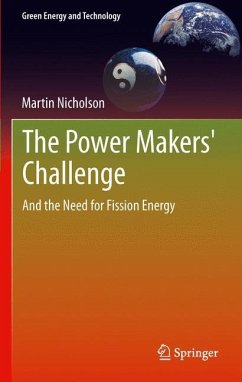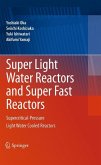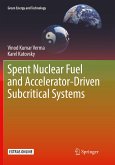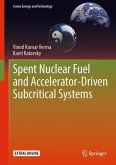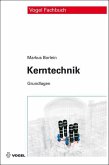The Power Makers - the producers of our electricity - must meet the demands of their customers while also addressing the threat of climate change. There are widely differing views about solutions to electricity generation in an emission constrained world. Some see the problem as relatively straight forward, requiring deep cuts in emissions now by improving energy efficiency, energy conservation and using only renewable resources. Many electricity industry engineers and scientists see the problem as being much more involved.
The Power Makers ' Challenge: and the need for Fission Energy looks at why using only conventional renewable energy sources is not quite as simple as it seems. Following a general introduction to electricity and its distribution, the author quantifies the reductions needed in greenhouse gas emissions from the power sector in the face of ever increasing world demands for electricity. It provides some much needed background on the many energysources available for producing electricity and discusses their advantages and limitations to meet both the emission reduction challenge and electricity demand.
By analyzing the three main groups of energy sources: renewable energy, fossil fuels and fission energy (nuclear power), readers can assess the ability of each group to meet the challenge of both reducing emissions and maintaining reliable supply at least cost. It is written for both non-technical and technical readers.
The Power Makers ' Challenge: and the need for Fission Energy looks at why using only conventional renewable energy sources is not quite as simple as it seems. Following a general introduction to electricity and its distribution, the author quantifies the reductions needed in greenhouse gas emissions from the power sector in the face of ever increasing world demands for electricity. It provides some much needed background on the many energysources available for producing electricity and discusses their advantages and limitations to meet both the emission reduction challenge and electricity demand.
By analyzing the three main groups of energy sources: renewable energy, fossil fuels and fission energy (nuclear power), readers can assess the ability of each group to meet the challenge of both reducing emissions and maintaining reliable supply at least cost. It is written for both non-technical and technical readers.

